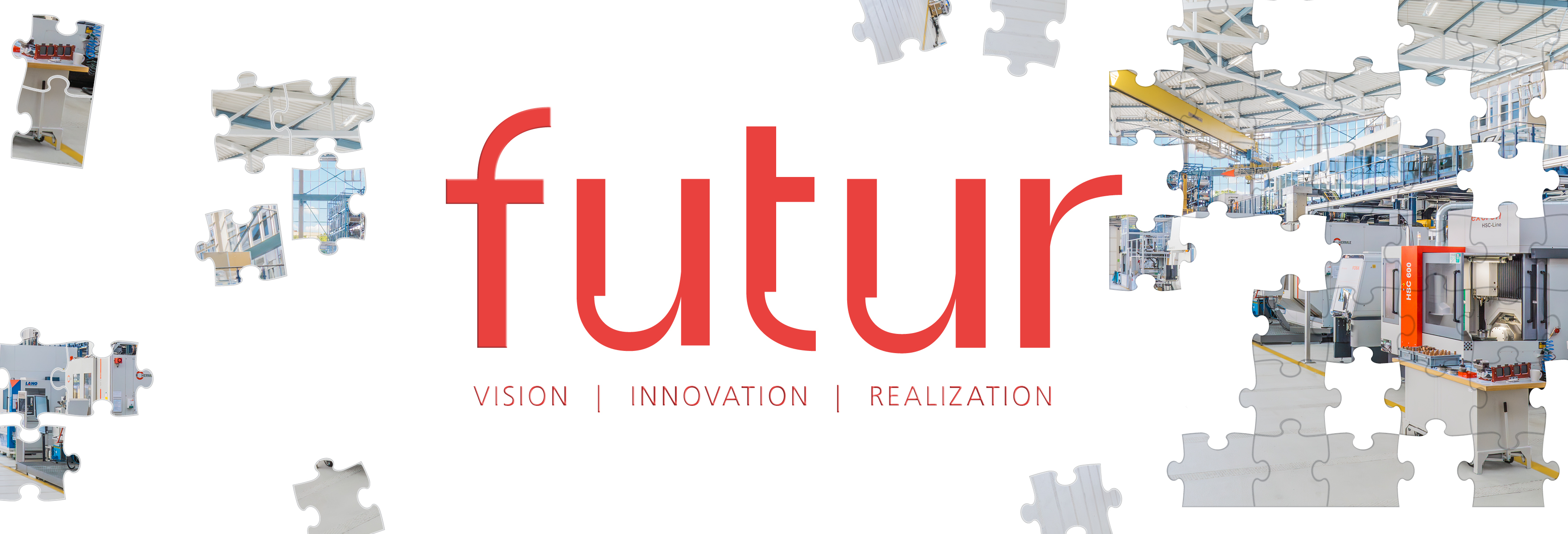Research tightly integrated – Berlin Center for Digital Transformation
The Berlin Center for Digital Transformation develops technologies and solutions that take into account the increasing digitalization and networking of all areas of life. Within the Center, the four Fraunhofer Institutes FOKUS, HHI, IPK and IZM conduct research on fundamental and interdisciplinary technologies for the application areas »Networked Industry & Production«, »Networked Mobility & City of the Future«, »Networked Healthcare« and »Networked Critical Infrastructures & Energy«. Industry partners and public institutions have the opportunity to cooperate with the participating Fraunhofer institutes in research projects. The Berlin Center for Digital Transformation is funded by the Governing Mayor of Berlin, Senate Chancellery – Science and Research.
Digital integration across system boundaries
The research results and demonstrators developed in the Center for Digital Transformation show how flexible manufacturing systems consisting of machine tools, robots and people can be digitally integrated throughout: from AMRs and automated process sequences to human-robot collaboration and worker assistance systems. This allows production orders to be planned and tracked flexibly, processes to be optimized across locations, and the strengths of humans and machines to be combined. Thanks to the continuous monitoring and optimization of all process steps, production becomes more sustainable – which satisfies the industrial partners just as much as the end result: high-quality individual products, efficiently manufactured.
 Fraunhofer Institute for Production Systems and Design Technology
Fraunhofer Institute for Production Systems and Design Technology